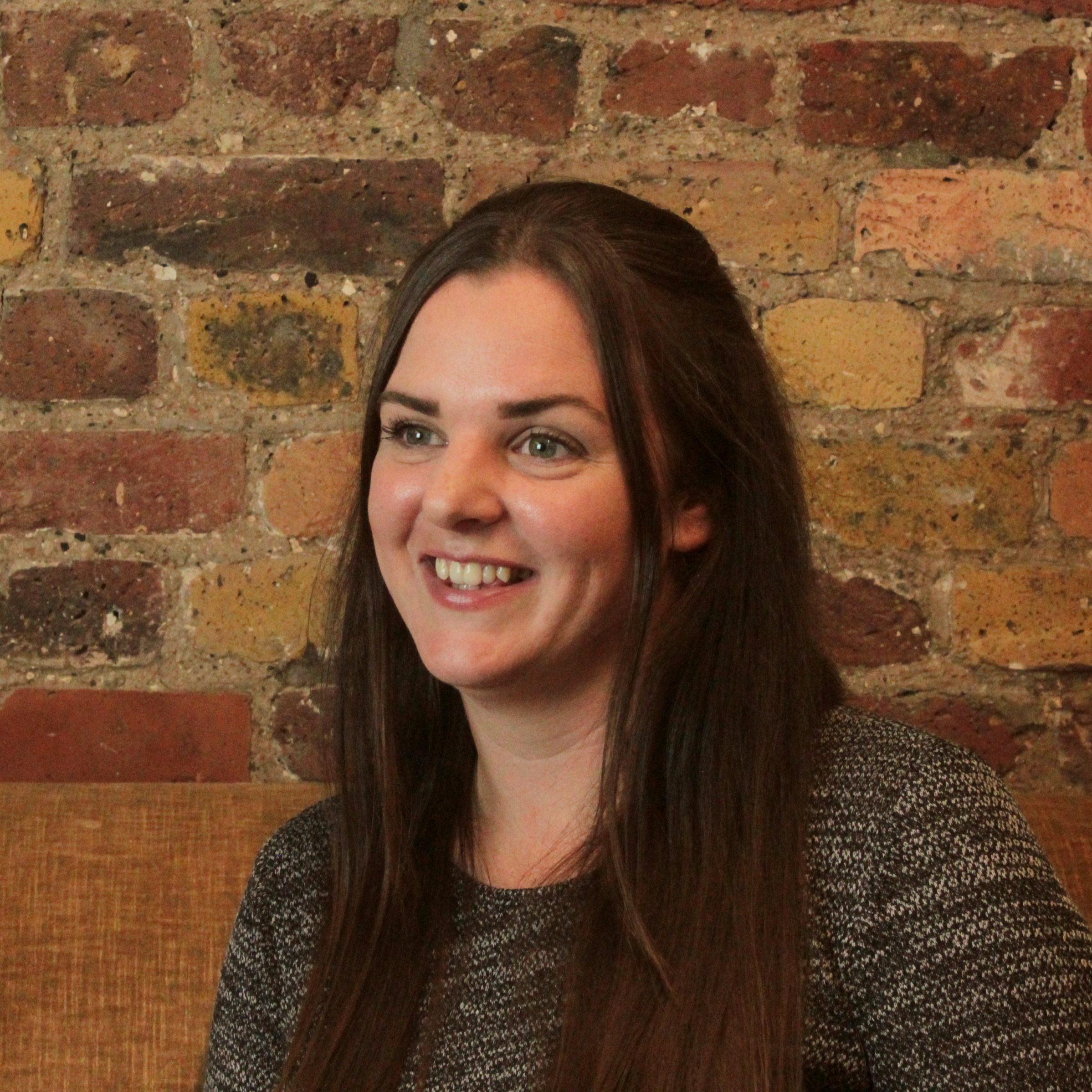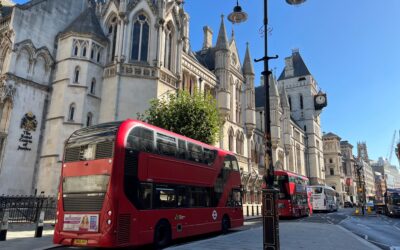If you are expecting a child through surrogacy, one of your top questions may be how you get a British passport for your baby, particularly if they are born outside the UK. British nationality can be complicated in surrogacy cases, and what you need to do depends on the specifics of your situation.
Children are only born British if they have a British ‘parent’ who is able to pass on their nationality status. In surrogacy cases (where the surrogate and her spouse are the legal parents for nationality purposes) that means your child may not automatically inherit your British nationality as an intended parent. However, if you are British you should be able to ensure your surrogate child is British too.
How am I British?
The first thing to consider is how you are British – by birth, registration, naturalisation or by descent. If you are British by descent (which usually means you were born outside the UK to British parents) that may affect your ability to pass on your British nationality to a child born outside the UK.
Is my surrogate married?
If your surrogate is married, she and her spouse will be treated as your child’s parents for British nationality purposes at birth, and this blocks either of you from being able to pass on your British nationality at birth. Your child might take British nationality from your surrogate (in a UK surrogacy case) but if your child is born overseas, your child will usually not be born British.
If your surrogate is not married, then the biological father may be able to pass British nationality to your child born overseas. If only the intended mother or non-biological father is British, then your child will usually not be born British.
What does it mean if my child is born abroad and is not British?
Don’t panic. Most British intended parents through surrogacy are eligible to apply to the Home Office to register their child as a British citizen and then apply for a UK passport. Alternatively, you can use other routes to bring your child home to the UK (obtaining immigration visas or alternative passports which allow entry to the UK) and then apply for a UK parental order to secure British nationality.
The time-frames for bringing a baby born through surrogacy overseas back to the UK vary considerably, from usually a few weeks in the USA and Canada, to three or four months elsewhere.
Will obtaining a Parental Order make my child British?
Since 2010, UK law has said that a child becomes British if a UK parental order is made and either of the intended parents is British. For these purposes, it doesn’t matter whether you are British by descent or not. Your child will be British by way of Parental Order once the order has been granted, and you will be able to make an application for a British passport with this.
If for any reason you do not qualify for a parental order you will usually be able to apply to the Home Office to ask to register your child as a British citizen instead.
The rules are complicated but we can help you understand whether you are eligible and what you need to do.
What other documents do I need to provide?
The Home Office and Passport Office require a number of original documents when applying for British nationality or a British Passport respectively. You will need to declare that your child was born through a surrogacy arrangement and provide all of the relevant relevant documents.
How can we help?
We help intended parents apply for British nationality and UK passports for their children. We can provide you with both legal and practical advice on how to avoid common pitfalls as well as dealing with the application process for you.
By Kelly Blaxall

The UK’s leading surrogacy lawyers
Find out more about how we support families through surrogacy



